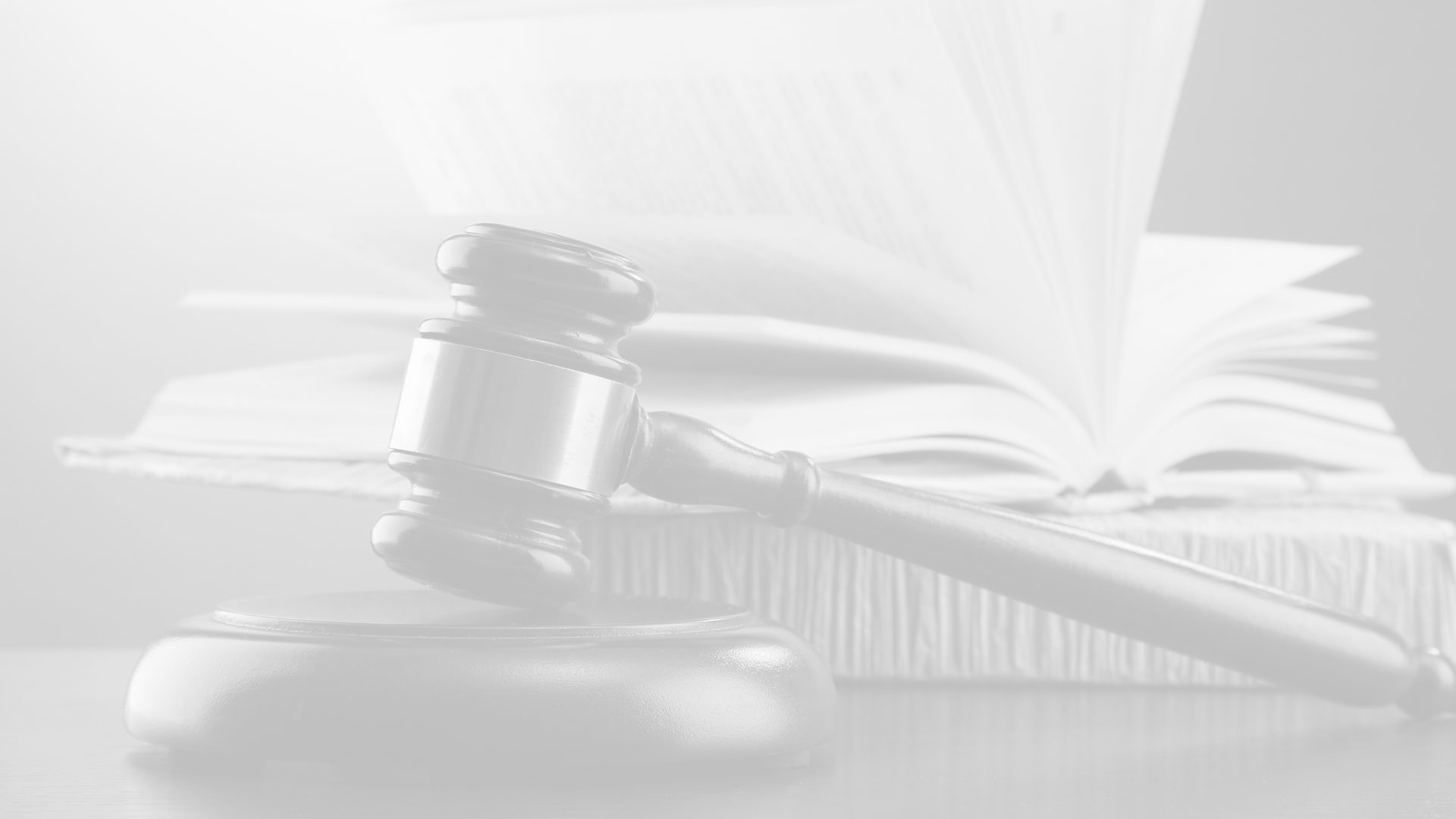This Blog was brought to you by the San Antonio Car Accident Lawyer of the Carabin Shaw Law Firm in San Antonio
PERSONAL INJURY – FREQUENTLY ASKED QUESTIONS
(1) What if I want to claim my injuries?
If the other driver was at fault, you might be entitled to compensation – for your injuries, pain and suffering, car damage, and other expenses, such as lost wages or the cost of a nurse needed after the accident. It would be best if you claimed with the other driver’s insurance company a.s.a.p. But, if you are not satisfied with the amount they offer, you may want to contact an attorney.
If you plan to sue, do not delay. There are time limits for filing various claims – usually one to two years after the accident, but sometimes much less, so act quickly; you can sue for $5,000 or less in small claims court. A lawyer can’t represent you in this court, but you can talk with one beforehand.
You will need your lawyer to sue for a larger amount. An insurance company lawyer cannot represent you if you are the person who is suing (the”plaintiff”). Many lawyers take accident cases on a contingent “fee” basis. That means you do not pay the lawyer if you lose the case. If you win, you pay the lawyer a percentage of your money. Most lawyers charge a smaller percentage if the case is settled before the lawyer does all the work necessary to go to trial. If you and your lawyer agree to a contingent fee, the lawyer must write the agreement and give you a signed copy. The contract should explain what percentage the lawyer will get if you win and how it might vary. It should also state who will pay for any court costs. More info on this website
(2) What if someone sues me?
Contact your insurance agent and your lawyer right away. Generally, your insurance company will assign a lawyer to handle your case. But, if you are sued for more money than your policy covers, you may need your attorney too. Also, insurance company lawyers do not handle traffic citations or criminal cases, such as hit-and-run charges. If you are charged with a crime and cannot afford a lawyer, call your county’s Public Defender. Depending on your income, you may qualify for free assistance. To find the Public Defender, look in the white pages under your county’s name. T
(3) Should I get a physical check-up after the accident?
It may be a good idea for both you and your passengers. You could be injured and not know it right away. At least call your doctor or another healthcare provider for help in deciding what your needs may be. Your automobile insurance may pay your health care bills.
(4) How can I get help? As soon as you can get to a telephone, call 911.
Explain the situation and give your exact locations so that help can arrive quickly. Be sure to mention whether you need an ambulance or a fire engine. Or, flag down a passing car, and ask the driver to go for help. Perhaps the driver will have a cellular phone in the car and can make an emergency call on the spot.
(5) What should I do if the other driver does not have insurance?
Suppose the other driver caused the accident and is not insured. In that case, your policy will pay for your injuries – if you have “uninsured motorist” or medical payments” coverage. If the other driver’s insurance is not enough to pay for all of your damages, your insurance may pay the difference – if you have “underinsured motorist” coverage. You can sue the other driver if you do not have these kinds of insurance or if your damages exceed the policy’s limit. However, even if you win the case, you cannot be sure that the other driver has the money to pay. If you have collision insurance, it will pay for damage to your car, no matter who is at fault.
(6) How do attorney fee structures work?
Most attorneys charge by the hour. Other fee structures include flat fees, contingent fees, or retainer fees. The following provides a simple explanation of how each kind of fee structure works.
The hourly rate primarily depends on the attorney’s experience, although other factors include operating expenses and the location of the practice. An experienced attorney may also be able to give you a better estimate of how much (s)he will end up charging you.
Attorneys will charge a flat fee when dealing with a common legal matter, such as composing a will or drafting bankruptcy filings. When dealing with a flat fee, ask what it covers.
Another common fee structure includes a retainer fee. Retainer fees involve creating an escrow account into which you pay in advance, and they deduct from this account their hourly rate.
Attorneys occasionally use a contingent fee structure. In this kind of fee structure, the attorney does not charge any fees but instead takes a percentage of the settlement (usually 33%) and fronts all costs related to bringing the matter. Contingent fee structures are usually used in personal injury and debt collection cases but are not allowed in divorce, criminal, or child custody cases.
(7) What is attorney-client privilege?
The attorney-client privilege means that any legal information or matter you discuss with your attorney cannot be discussed with anyone else. Aside from a few exceptions and unless you consent to release legal information about your case, s(he) is required, by law, to keep all of your information confidential.
Contact our Accident Lawyers if you have ever experienced a personal injury and think others are at fault for the accident.

